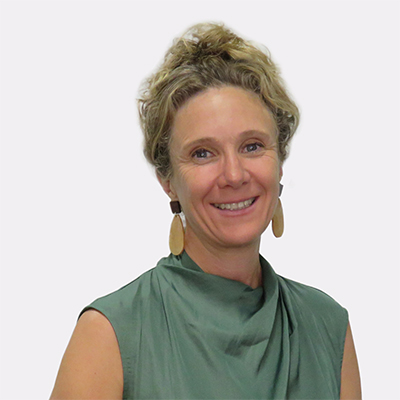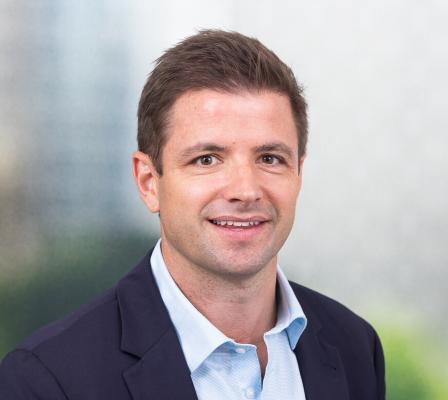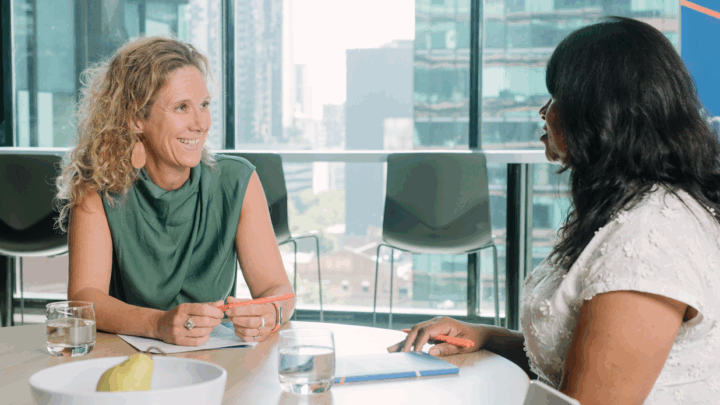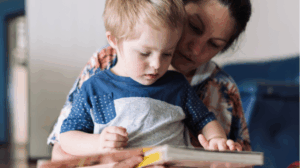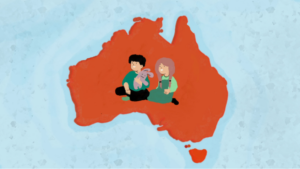
Kids need more than a place in childcare
SVA’s Emma Sydenham and Deloitte Access Economics’ Lachlan Smirl call on the Australian Government to prioritise service delivery for young children experiencing significant disadvantage, ensuring it is integrated, holistic and builds on community strengths.

- The roll-out of the Albanese Government’s billion dollar commitment for new services in areas that have become known as ‘childcare deserts’ will take us one step closer to a universal early learning system.
- The latest research from SVA, Deloitte Access Economics and the Mitchell Institute calls out 131 early education priority zones across the country. These communities experience significant socio-economic disadvantage, high levels of early childhood developmental vulnerability AND a lack of early learning services (childcare deserts).
- Early childhood hubs which provide integrated and holistic services will make the difference for these most disadvantaged children in the most disadvantaged communities.
- And the recipient communities of these hubs need to be driving the set up and management process so hubs are locally owned and built on community strengths.
- Additional operational and ‘glue’ funding is critical for effective and sustainable provision of hubs.
The journey towards a universal early learning system is underway, with the groundbreaking roll-out of the Albanese Government’s bold, billion dollar commitment to set up new services in areas that have become known as ‘childcare deserts’.
A universal early learning system has the potential to be a remarkable legacy. One where learning and care for Australia’s young children and families is high quality, affordable and accessible – available to every child, no matter their family circumstance. Developmental milestones are met. Kids start school ready to learn, play, socialise. And they thrive.
Who wouldn’t be on board with this vision?
… 24% of kids enter school developmentally and educationally behind and recent data suggests that, in many cases, development outcomes are trending in the wrong direction.”
This would represent a big leap forward from the current system of support for young children and families, which is deeply fragmented and siloed, where children who already struggle most, are most likely to miss out.
Even though we know how crucial the first five years of growth and development are for every child in setting a positive life trajectory, 24% of kids enter school developmentally and educationally behind and recent data suggests that, in many cases, development outcomes are trending in the wrong direction. It’s just so difficult for these families to access the resources and supports they need. And, as a country, we’re failing to deliver a system that generates the outcomes we’re striving for.
As a direct consequence, we’re seeing these children grow up at a greater risk of poor health, educational, welfare and employment outcomes.
The Government’s Building Early Education Fund proposes to establish quality early learning centres in around 160 underserved areas, particularly regional and outer suburbs. At least $50 million of that funding (which is being matched by philanthropy) will be focused on integrated and holistic services – we call them ‘Early Childhood Hubs’.
These centres bring together early learning, child and maternal health services, and family and community supports: a trusted place where families feel they belong and where they can access the comprehensive suite of supports they need. Early Childhood Hubs wrap support around the child and their family, helping them get the best start in life.
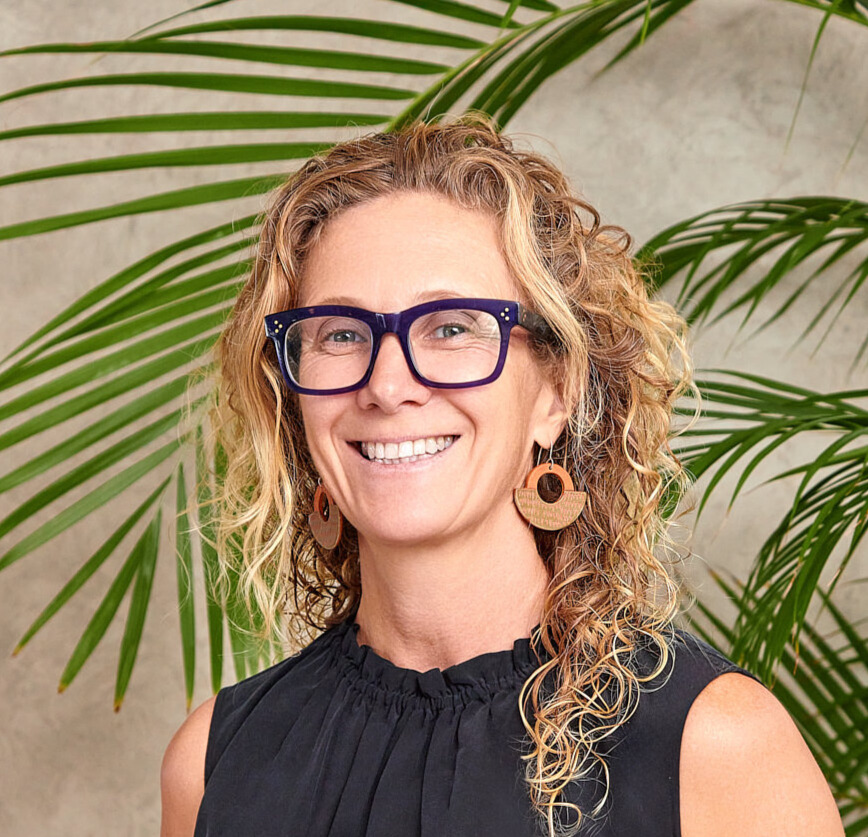
Add to this: the three-day guarantee that passed through Parliament last year, collaborative efforts like the Investment Dialogue for Australia’s Children, current work on the Early Education Service Delivery Prices project and leading state and territory initiatives like South Australia’s reforms rolling out preschool for all three-year olds by 2032, and we find ourselves with a once-in-a-generation opportunity to truly turn the tide on entrenched disadvantage.
There are over 114,000 children in these communities who face risk of lifelong health, education, social and welfare issues.”
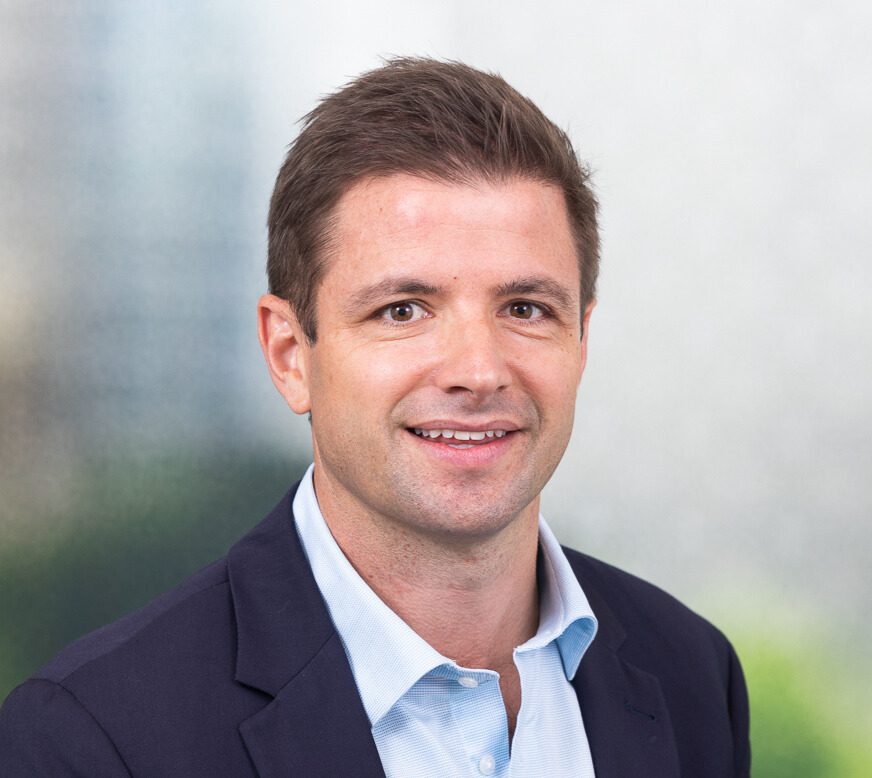
Let’s make it count.
We are all on board with the ‘why’. Let’s talk more about the ‘how’.
The latest research from SVA, Deloitte Access Economics and the Mitchell Institute calls out 131 early education priority zones across the country. These communities experience significant socio-economic disadvantage, high levels of early childhood developmental vulnerability AND a lack of early learning services (childcare deserts).
There are over 114,000 children in these communities who face risk of lifelong health, education, social and welfare issues.
Let’s talk about kids like Peggy, who live within or at the edges of these priority zones.
“When she first came to her early learning centre, Peggy couldn’t join in play and interact with other children because no one could understand what she was saying.”
Growing up on a cattle station, Peggy had little to no access to mainstream services and very limited contact with other children. When she went to preschool at age three, her family hadn’t yet clocked her speech and language difficulties.
“When she first came to her early learning centre, Peggy couldn’t join in play and interact with other children because no one could understand what she was saying,” said Peggy’s educator, Katie.
Luckily, Peggy’s preschool is one of three early learning centres inland from Rockhampton QLD supported by Royal Far West. They’re a national charity providing telehealth and community outreach to country families, health professionals and educators. After an initial assessment and referral from Royal Far West, specialists found Peggy had fluid in her inner ear. She received treatment and, being able to hear much better, could start developing her language skills.
Peggy began a year-long program of speech therapy, provided fortnightly over video, with an in-person visit by her speech therapist half way through the year.
This support has changed everything for her.
There are five other children at Peggy’s preschool doing speech therapy, one doing occupational therapy, and two families accessing psychological support.
The centre has been able to identify and comprehensively respond to support their needs.
The evidence tells us that if we’re to make a difference for the most disadvantaged children in the most disadvantaged communities, service delivery needs to be integrated and holistic…”
Without this, at such a critical age of development, the result could be just devastating. These are the communities we are letting down right now. They are the postcodes Prime Minister Albanese’s early years investment needs to target.
It won’t be simple. The challenges these communities face run deep and the needs are multi-faceted. If the Government focuses too narrowly on childcare infrastructure, this will be a squandered opportunity.
The evidence tells us that if we’re to make a difference for the most disadvantaged children in the most disadvantaged communities, service delivery needs to be integrated and holistic – hubs where early childhood education, nurses, speech therapists, psychologists, family and parenting supports can be delivered together, overcoming barriers to access and addressing developmental needs that mean children can learn, build relationships and thrive.
They [Hubs] are an essential step to ensuring that families facing multiple adversities have positive social networks and access to key services during their children’s early years.”
Quality is critical and childcare alone is not sufficient if the development outcomes that we’re striving for are to be achieved.
Dr Tim Moore, Senior Research Fellow at the Centre for Community Child Health, part of the Murdoch Children’s Research Institute says ‘They [Hubs] are an essential step to ensuring that families facing multiple adversities have positive social networks and access to key services during their children’s early years.’1
It also won’t work unless the communities themselves are driving the set up and management process so hubs are locally owned and build on community strengths, and more sustainable, streamlined operational and integration ‘glue’ funding is provided.
Small numbers, diverse needs, higher workforce costs – these are all factors the Government will need to resolve when looking at regional and remote contexts. Aboriginal and Torres Strait Islander families deserve Aboriginal owned and run services too, with costs not covered under the current childcare subsidy funding model.
By taking the time and care to understand what these communities uniquely need, that is where we will achieve impact.”
By taking the time and care to understand what these communities uniquely need, that is where we will achieve impact. It’s how we’ll start to truly move the dial on disadvantage in Australia.
Kids need more than a place in childcare. And if we partner with communities to do the work, and recognise that prioritising their needs with comprehensive responses is where the return on investment will be highest, we will change the life trajectory for tens of thousands of children in Australia.
Authors
Emma Sydenham is the Director of Early Childhood at Social Ventures Australia (SVA), leading SVA’s systems change program to work towards a reality where all children in Australia have the opportunities they need to thrive.
Lachlan Smirl is the education and early years lead at Deloitte Access Economics.
1 TG Moore, Developing holistic integrated early learning services for young children and families experiencing socio-economic vulnerability, prepared for SVA, Centre for Community Child Health at The Royal Children’s Hospital and the Murdoch Children’s Research Institute, 2021.Read Peggy’s full case study.



